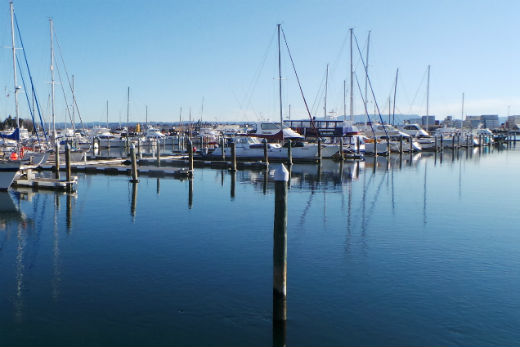Maritime NZ is urging boaties to plan ahead and factor in the dangers posed by cold water and air temperatures this Easter.
Recreational Boating Lead for Maritime NZ Baz Kirk said survival times are reduced in the cold and boaties need to know the marine weather conditions before they hit the water.
Boaties should be prepared and make sure they have the appropriate equipment on board to deal with the colder temperatures that are starting to affect the country.
“In water, the body loses heat 20 to 30 times faster than it does in air. Some lifejackets provide a little bit of insulation, but you don’t want to be hanging about in the water because the consequences can be fatal,” Mr Kirk said.
Maritime NZ advises that boaties guard against hypothermia by wearing several layers of clothing.
Boaties should also take at least two waterproof ways to call for help - VHF radio and distress beacons are both great options. “If you can’t call for help, then we can’t rescue you.”
And remember the boaties’ ‘golden rule’: If in doubt, don’t go out.”
“On-water weather conditions can be totally different to the land. It’s easy to be fooled by good weather,” he said.
“Don’t make your decision to go out based solely on what you see out the window. Make your decision using the best info - MetService’s marine weather forecasts could be a lifesaver,” Mr Kirk said.
Research commissioned by Maritime NZ found that significantly more boaties are checking the marine forecast every time they go out (58% in 2018 vs 52% in 2017). This figure is low, however, given that 80% of all recreational boaties believe that weather forecasts are ‘important to consider at all times’.
“Enjoy the Easter break on the water, but do it responsibly and safely.”
Remember the boating safety code!
We encourage boaties to remember these five simple precautions:
• Wear your lifejacket
• Take two waterproof ways to call for help
• Check the marine weather forecast
• Avoid alcohol
• Be a responsible skipper
Research shows that these are the most important things you can do to reduce your odds of having a fatal accident on the water. They’ve been agreed on by water safety organisations nationwide – and they’re reflected in all of our safety campaigns.



0 Comments
Leave a Comment